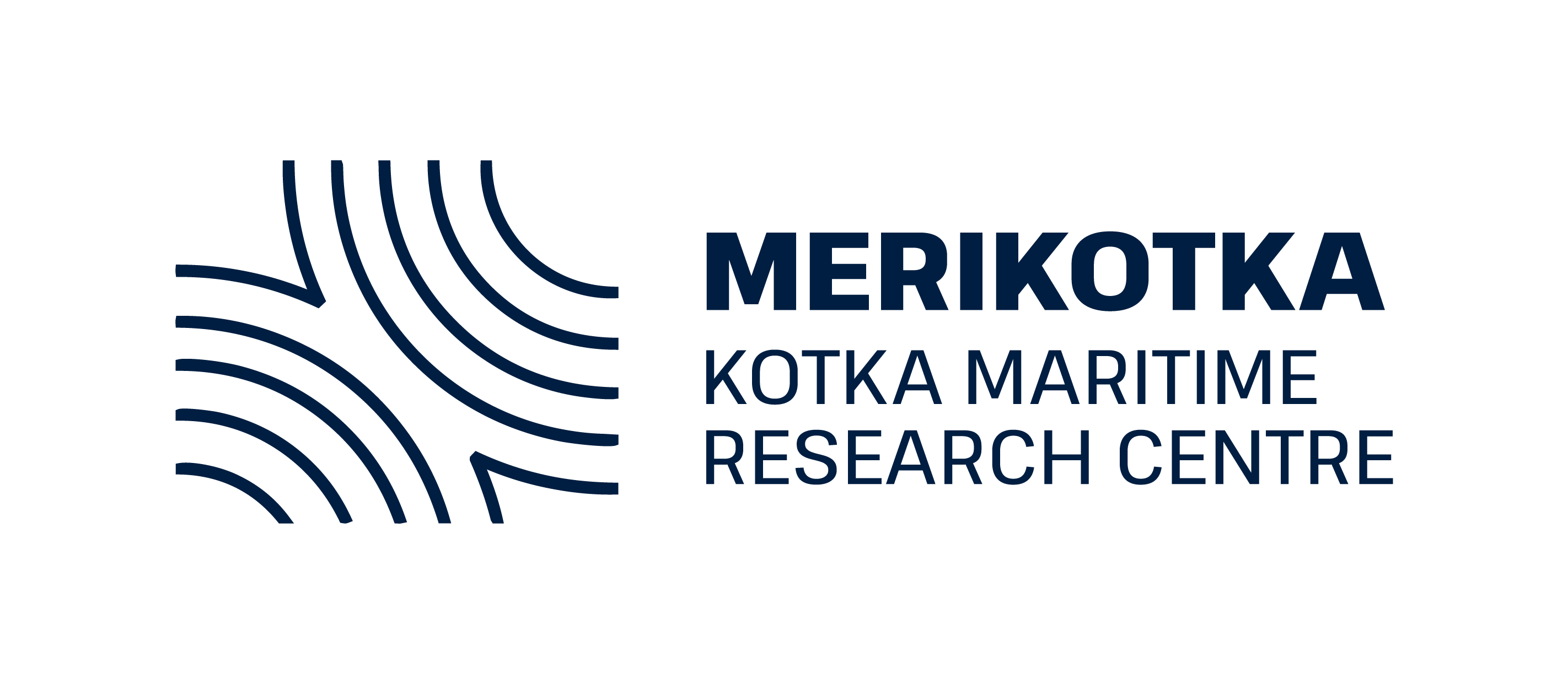16-17 November 2017, Helsinki, Finland: Tasks and activities of COMPLETE were discussed in the light of the information needed by TG Ballast for the ongoing amendment of the HELCOM/OSPAR Joint Harmonized procedure on granting exemptions from ballast water treatment provisions of the 2004 International Convention for the Control and Management of Ships’ Ballast Water and Sediments (BWM Convention) of the International Maritime Organization (IMO). (https://bit.ly/2Mnq1Xn; https://bit.ly/2l7Pdos).
Year: 2017
COMPLETE at EUSBSR PA Ship Steering Committee meeting on 7 November 2017
COMPLETE project was introduced to the 9th international Steering Committee meeting of PA Ship on 7 November 2017 in Gdansk, Poland (https://bit.ly/2JKVocL).
COMPLETE presented at BONUS SYMPOSIUM in Tallinn 17-19 October 2017
17-19 October 2017, Tallinn, Estonia: COMPLETE was presented at the BONUS SYMPOSIUM “Science delivery for the sustainable use of the Baltic Sea living resources” (http://www.bonus-inspire.org/symposium) with a poster presentation of the project aims and activities.
COMPLETE at the HELCOM MARITIME 17-2017
10-12 October 2017, St. Petersburg, Russia: Tasks and planned activities of the newly started COMPLETE project were presented at the 17th Meeting of the HELCOM Maritime Working Group (MARITIME 17-2017).
Wihuri Foundation Grants Funding for KMRC Professorship
The Jenny and Antti Wihuri Foundation has accorded a grant to support the maritime logistics systems professorship at the Kotka Maritime Research Centre. The professorship is placed at the Turku University Brahea Centre for training and research in the maritime sector.
The only one of its kind in Finland, the professorship focusses on management systems in the maritime sector, the analysis of maritime traffic and cargo flows in the Gulf of Finland as well as port-bound operations and data flows.
The professorship has been active since 2006, and it forms an integral part of the KMRC’s multidisciplinary research.
The 120,000-euro grant secures the continuation of the professorship until the end of 2021.
The KMRC’s Executive Director Anna Kiiski and Turku University Professor Tommi Inkinen celebrated the funding decision, calling it “an important contribution to strengthening scientific research into maritime transport in Finland”
Low-carbon energy gains ground in ports
Alternative fuels have gained ground in the maritime sector due to stricter environmental legislation, such as the Sulphur Directive. At the moment, shipping companies are reducing sulphur emissions mainly by utilising low-sulphur fuels, but new vessels usually make use of LNG.
For this reason, ports especially in the SECA region have started offering low-sulphur fuel and LNG bunkering, which can be carried out using trucks, bunkering vessels or terminals. A number of LNG terminals are currently being constructed in Finland, while the country’s first terminal has been in use in Pori since September 2016. While it is probable that LNG will become the most common alternative fuel in the future, shipping companies are planning to adopt a range of emission-cutting solutions on different vessels. In this light, other fuels such as methanol, whose environmental impact is very similar to that of LNG and which can also be produced from renewable sources, could gain popularity as a fuel for ships. As an example, the cruise ship Stena Germanica which operates the Gothenburg–Kiel route uses methanol as its main fuel.
These findings come out of a KMRC’s project that looked into opportunities to improve ports’ energy efficiency by promoting decarbonisation in ports and related businesses. The research was undertaken as part of the “Low-Carbon Ports” project conducted in partnership with the Maritime Safety and Traffic Research Association, Kymenlaakso University of Applied Sciences, Turku University of Applied Sciences, and the Turku University Brahea Centre for training and research in the maritime sector, Kotka unit.
The project produced reports on alternative fuels and LNG’s emissions over the entire supply chain as well as an energy monitoring model. The examination of the use of LNG showed that the greenhouse emissions from natural gas are primarily made up of carbon dioxide, but also contain methane that is released into the atmosphere. Using accident scenarios, estimates were made of emissions in case of major leaks. From the point of view of ports and shipping companies using LNG, taking the necessary safety measures also serves to minimize unintentional emissions from natural gas. Given the rarity of major leaks, the environmental impact of a single accident is likely to be minor compared to the carbon dioxide emissions produced in normal use. When considering the entire transport chain, efforts to minimize emissions should focus on production, transport and use. Energy suppliers and engine manufacturers are thus best placed to influence emission levels. Fuel comparisons should take due account of nitrogen, sulphur ja particle emissions in addition to greenhouse gases.
The project also saw the development of an energy monitoring model, which enables the real-time monitoring of energy consumption in ports. While the model is currently theoretical, the aim is to develop it into a tool that allows ports to look at their operations from the point of view of energy consumption. Development work on the model entailed e.g. an examination of Loviisan Satama Oy’s frost protection system, changes in port buildings’ heating methods, the suitability of heat pumps, as well as the energy efficiency of heating Oiltanking Sonmarin Oy’s liquid tanks from the perspective of heat generation, transfer and consumption.
NEWSLETTER 27 April 2017
Final Seminar of the “Low-Carbon Ports” Project
The “Low-Carbon Ports” project’s final seminar was held on Thursday 27 April from 12pm to 15.30pm on the South-Eastern Finland University of Applied Sciences (Xamk) Kotka campus. Xamk’s Minna Lindroos explained the energy monitoring model and Tiina Vepsäläinen from the Loviisa port presented the energy savings that resulted from the project. Pekka Räisänen from Turku University of Applied Sciences discussed LNG emissions in the transport chain. In addition to the project, the seminar touched on the cooperation between the University of Applied Sciences and the private sector in the fields of energy and logistics, with concrete examples presented by industry actors.


